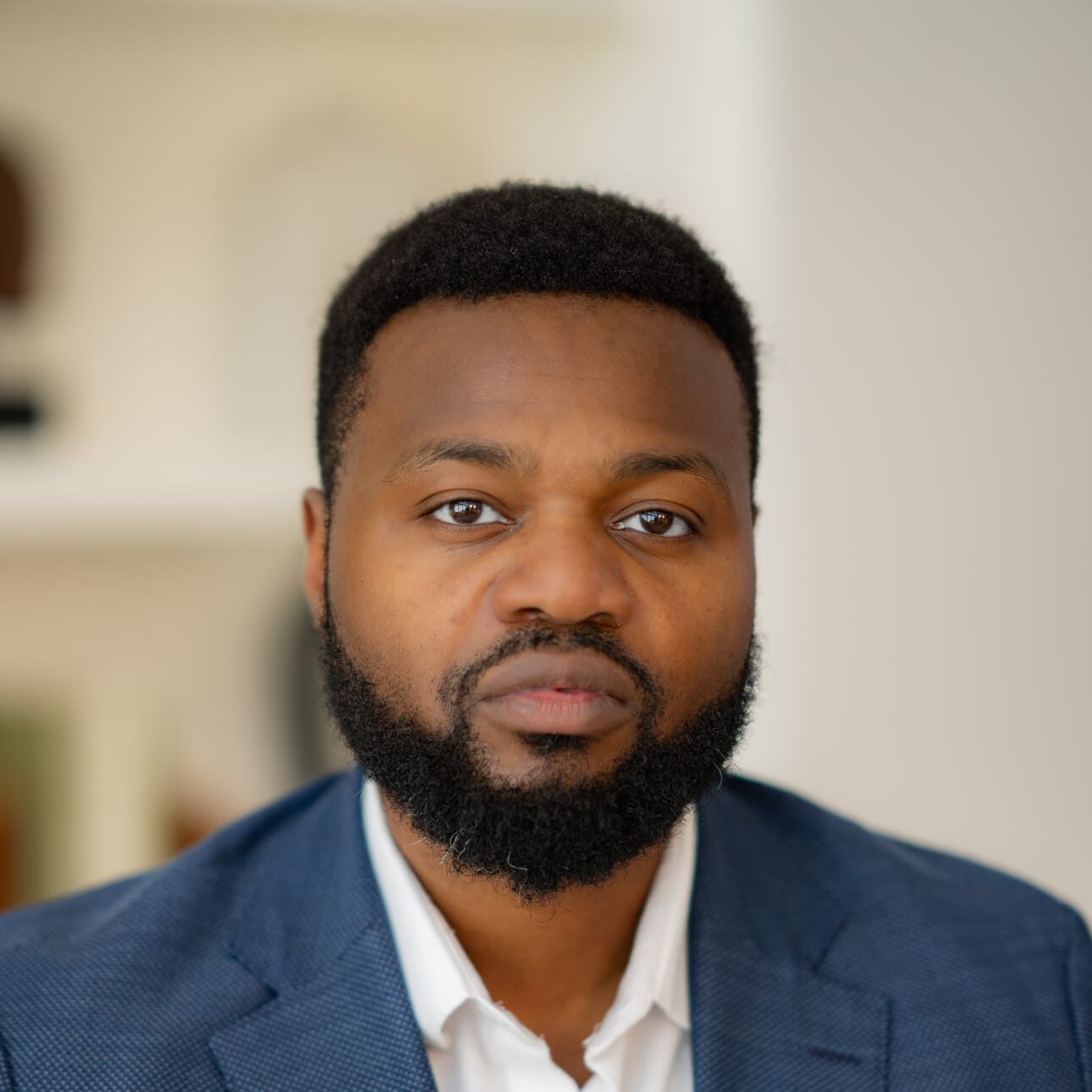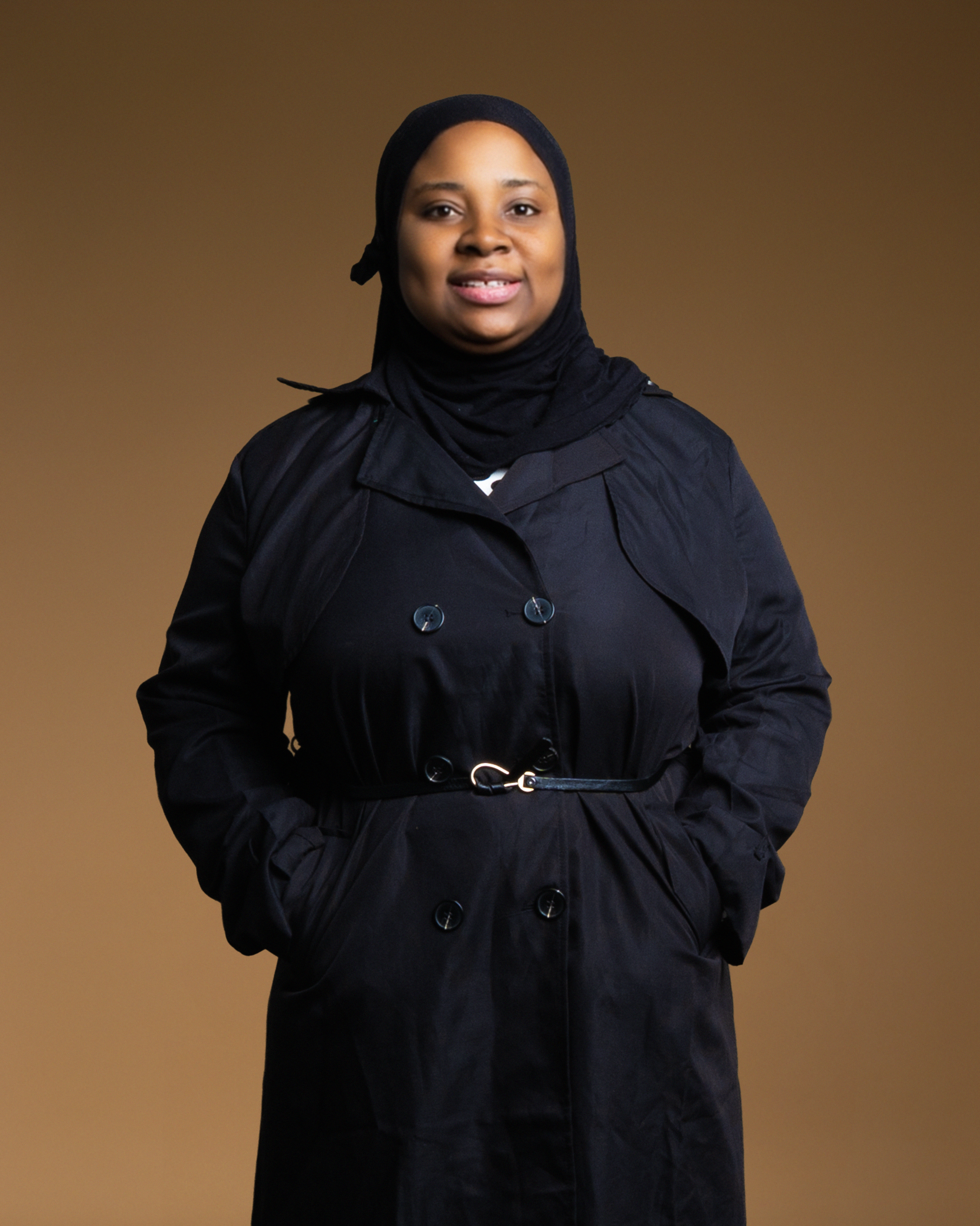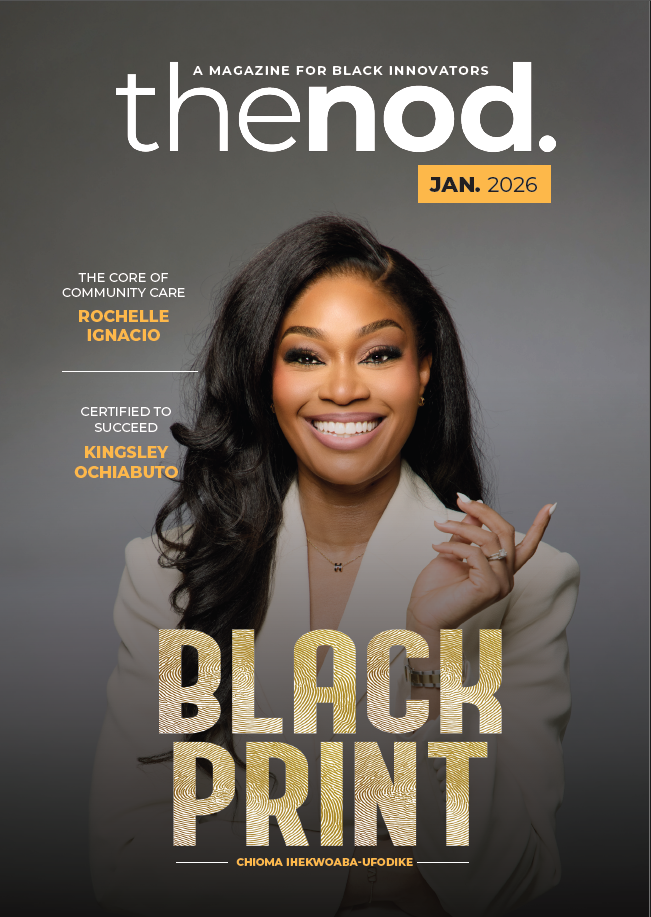With notifications, emails, and AI assistants vying for our attention as soon as we wake up, grabbing your phone first thing in the morning has become nearly instinctive. This seemingly simple habit, however, carries significant implications, especially for Black professionals in Canada. The demands of a rigorous career, active community engagement, and personal responsibilities create a unique set of pressures. While technology is designed to streamline our lives, it often has the opposite effect, amplifying stress and fostering a sense of disconnection.
The reality is that technology, while powerful, must be managed thoughtfully. For Black professionals navigating these complexities, the stakes are particularly high. It’s time to reconsider how we engage with our digital tools, ensuring that they serve our well-being rather than undermine it.
Why I Tried a 7-Day Tech Detox
Taking on a seven-day tech detox challenge enabled me to disconnect from AI and technology and reassess their impact on daily life. For someone who heavily relies on AI for everything from managing tasks to staying connected socially, this challenge was a chance to determine whether these tools are truly improving life or simply adding to the chaos.
Here’s how the week unfolded:
Day 1: The Struggle Begins
The first day was tough. I instinctively reached for my phone and felt lost and disorganized without my usual tech support. Using a paper planner slowed my progress, but it also revealed a silver lining: the absence of constant notifications allowed me to focus more intensely on each task. This sense of clarity was surprisingly refreshing and underscored the benefits of stepping back from digital distractions.
Day 2: Withdrawal Symptoms
By day two of the tech detox, anxiety started to set in. I hadn’t fully grasped how much I depended on AI for quick answers and to keep my day running smoothly. Without that constant digital support, I felt a bit off-balance. However, this discomfort led to a significant shift: I was forced to slow down, reassess, and prioritize my tasks and energy based on what truly mattered rather than just following the prompts of my AI assistant. This experience fostered a more intentional and mindful approach to managing my day.
Day 3: Rediscovering Human Connection
One of the most exciting things during the detox was how I communicated with others. I had to pick up the phone and have honest conversations without instant messaging and AI-powered emails. It was a bit awkward at first, but I quickly realized how much I’d missed hearing the voices of my colleagues and friends. There’s something irreplaceable about human connection that AI just can’t replicate.
Day 4: Tapping into Creativity
By the fourth day, I hit a creative block. Without AI tools like Grammarly or design apps to assist me, everything felt slower and more challenging. But this also pushed me to dig deeper into my creativity. I had to rely on my instincts and skills, which was equally frustrating and liberating. It reminded me that while AI can be a great tool, it shouldn’t replace our abilities.
Day 5: Trusting My Intuition
A big revelation came on the fifth day. I had a significant decision to make for a project, and without the crutch of AI-powered analytics, I had to rely on my gut. It was scary, but I made the decision based on my experience and intuition—and it paid off. I realized that I had been outsourcing all my decision-making to AI-generated reports and how important it is to trust ourselves.
Day 6: The Reconnection
By the sixth day, I started to feel a real sense of peace. I spent more time outdoors, read a book I’d been meaning to get to, and reconnected with myself in a way I hadn’t in a long time. Without the constant notifications, I remained present and realized how much I had been missing because of my reliance on technology.
Day 7: Reflecting on the Detox
The final day of the detox was a time for reflection. I felt refreshed and more in tune with myself, but I also realized that technology wasn’t the enemy—it was how I was using it. AI and digital tools have their place but shouldn’t dominate our lives. I learned that it’s about balance and that sometimes, you must step away from the screens to find clarity and peace.
What I Learned from My Tech Detox
This 7-day challenge taught me several valuable lessons:
- AI is a Tool, Not a Master: It’s easy to let AI take over your life, but it’s important to remember that it’s just a tool. You should be in control, deciding when and how to use it.
- Human Connection is Irreplaceable: No matter how advanced AI becomes, it can never replace the value of real human connections. Taking the time to talk to people face-to-face can make a huge difference in your relationships.
- Creativity Thrives Offline: While AI can enhance productivity, it can also stifle creativity. Taking a break from technology can help you tap into your =creative potential and remind you of your skills.
- Trust Your Intuition: AI is excellent for data-driven decisions, but don’t forget to trust your intuition. Your experience and instincts are valuable and shouldn’t be overlooked.
- The Importance of Balance: At the end of the day, it’s all about balance. Technology is here to stay, but that doesn’t mean it has to consume your life. Setting boundaries and taking regular breaks can help you maintain your mental health and well-being.
Your Turn: Try a Tech Detox
Consider taking the first step toward a tech detox. It doesn’t have to be a week-long commitment—start small, with a day or even just a few hours of unplugging from AI and digital tools. Observe how it affects you, noting what you miss and, more importantly, what you gain. As Black professionals in Canada, we hold a unique position to influence how we engage with technology and advocate for systems that prioritize our mental health and well-being.
Embrace this opportunity to unplug, reconnect with yourself, and explore the transformative benefits of a tech detox. Your mind, body, and spirit will undoubtedly thank you.












